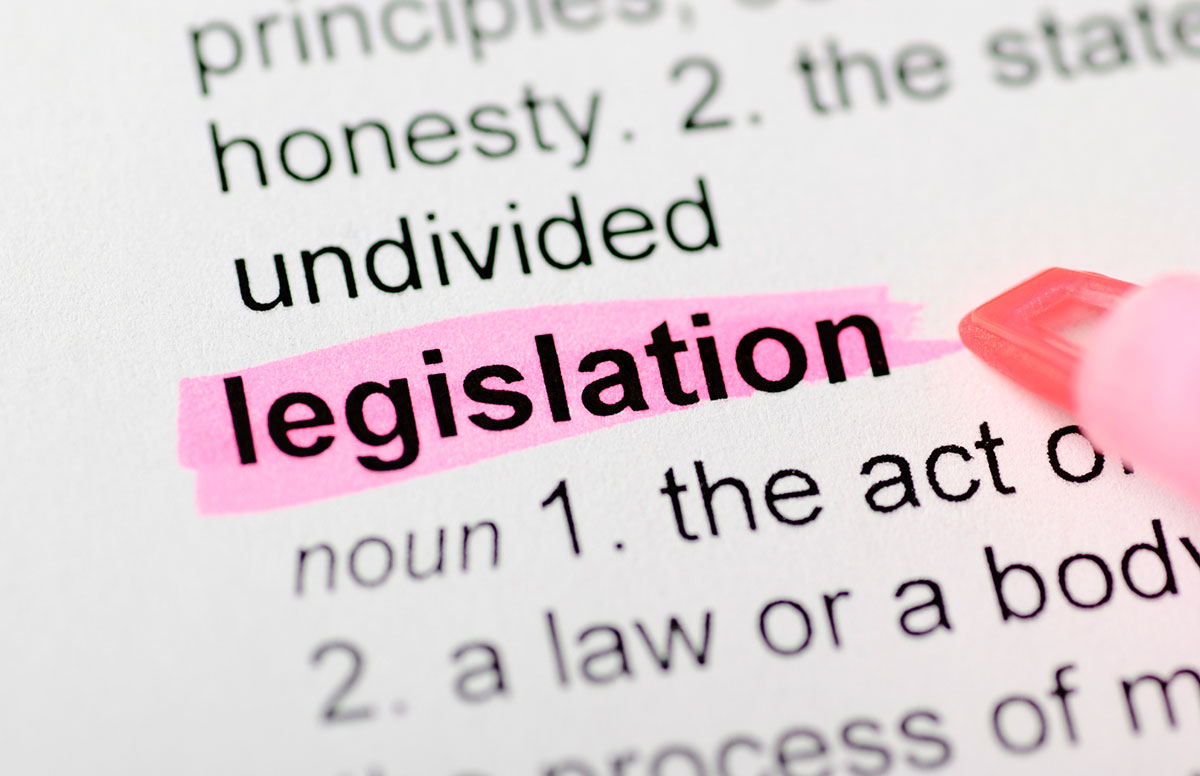Quick Reversal by IRS: No Need to File to Receive Checks
Despite stating on March 30 that seniors and others who do not need to file taxes would have to do so in order to recive the CARES Act checks, the IRS reversed itself on April 1. “Social Security recipients who are not typically required to file a tax return need to take no action, and will receive their payment directly to their bank account,” Treasury Secretary Steve Mnuchin said late on April 1.
The IRS’s April 1 reversal caped a 48 hour frenzy of activity from the IRS, members of Congress on how these checks would flow to individuals.
On March 30, the IRS unexpectedly announced that many Social Security and Veterans Administration beneficiaries, those who receive Supplemental Security Income (SSI), and other low-income individuals will need to file a simplified tax return to access the CARES Act checks to individuals. Previously, it was assumed that these checks would flor automatically to these individuals even if they had not recently filed their taxes. The IRS’s March 30 announcement took many off guard.
In a news release entitled, “Economic impact payments: What you need to know,” the IRS said that, in order to receive their “economic impact payment” check, individuals who have not filed a tax return (because they are not required to do so), would have to file their taxes. And, the news release said, the IRS is developing a “simple” tax from for these individuals to file before they can receive their checks.
The IRS “will soon provide information instructing people in these groups on how to file a 2019 tax return with simple, but necessary, information including their filing status, number of dependents and direct deposit bank account information,” the news release said.
The CARES Act explicitly gave the IRS the authority it needed to get the checks to seniors receiving Social Security retirement benefits even if they individuals do not file tax returns.
Since March 30, members of the House and Senate voiced strong concern to the IRS’s decision to require these individuals to file taxes to receive their payments. In a letter to the IRS early on April 1, more than three dozen the Senators wrote, “This filing requirement would place a significant burden on retired seniors and individuals who experience disabilities,” the letter says. “Along with colleagues on the House Ways and Means Committee, we strongly urge you to ensure that economic stimulus payments are automatically sent to vulnerable seniors and individuals who experience disabilities, without these individuals needing to file a tax return,” the letter concludes.
LeadingAge is very pleased with the IRS’s reversal.

Most Recommended
July 03, 2025
 Budget Reconciliation 2025
Budget Reconciliation 2025
June 27, 2025
Pathways for Foreign-Born Workers
Recently Added
July 03, 2025
 Update and Insights: SNF Off-Cycle Revalidations
Update and Insights: SNF Off-Cycle Revalidations
July 02, 2025



